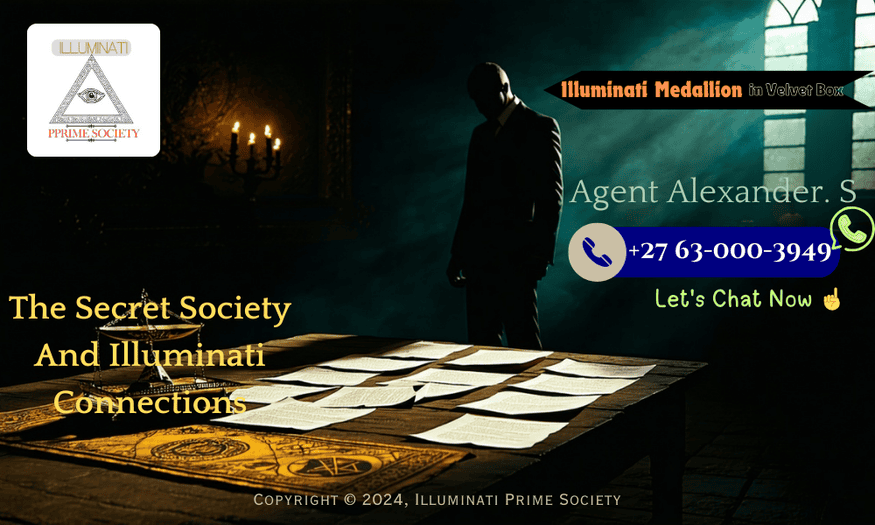Explore the enigmatic worlds of Freemasonry and the Illuminati, uncovering their origins, beliefs,...
The Secret Society And Illuminati Connections

Unveiling the mysteries: Discover the intriguing links between Freemasonry and the Illuminati.
The Origins of Freemasonry: A Historical Perspective
Freemasonry, often shrouded in mystery and intrigue, traces its origins back to the late medieval period. It began as a guild for stonemasons and cathedral builders, evolving over time into a fraternal organization that espoused Enlightenment ideals of reason, liberty, and fraternity. The transition from operative to speculative Freemasonry saw the guild's focus shift from purely professional stonemasonry to the symbolic and moral teachings that define the modern brotherhood.
Throughout history, Freemasonry has been linked to various historical events and figures. Its influence can be seen in the Enlightenment period, where Masonic lodges became centers for intellectuals and revolutionaries. The organization has grown globally, maintaining a complex structure of lodges, rites, and degrees that continue to attract members from various walks of life.
Decoding the Symbols: What Do They Really Mean?
Freemasonry is renowned for its rich tapestry of symbols, each carrying profound meaning. Common symbols include the square and compass, which represent moral and ethical lessons, and the all-seeing eye, a symbol of divine watchfulness and the omnipresence of a higher power. These symbols serve as tools for teaching and introspection, guiding members on their personal and spiritual journeys.
Beyond the visible symbols, Freemasonry's rituals and allegories are laden with esoteric significance. These elements are designed to impart wisdom and promote self-improvement among members. Understanding these symbols requires a deep dive into Masonic literature and practice, revealing layers of meaning that extend beyond their surface interpretations.

Illuminati: Myth or Reality?
The Illuminati, often depicted as a shadowy and powerful secret society, was founded in 1776 by Adam Weishaupt in Bavaria. Its original intent was to promote Enlightenment values and combat religious and political oppression. However, the Illuminati's influence was short-lived, as it was banned by the Bavarian government in the late 1780s.
Despite its brief existence, the Illuminati has become a staple of conspiracy theories, with claims of its involvement in global events and control over world affairs. While there is scant historical evidence to support these claims, the myth of the Illuminati continues to captivate the public imagination, blending fact with fiction in a compelling narrative of secrecy and power.
The Alleged Connections: Fact vs. Fiction
The purported connections between Freemasonry and the Illuminati have fueled countless theories and speculations. Some claim that the Illuminati infiltrated Masonic lodges to further their agenda, while others believe that the two entities operate independently of each other. Historical evidence suggests that while there may have been some overlap in membership, the organizational goals and philosophies of Freemasonry and the Illuminati are distinct.
It is essential to differentiate between documented historical facts and the speculative nature of many conspiracy theories. The allure of secret societies often leads to exaggerated claims and misinterpretations, blurring the lines between reality and fiction. Critical examination and scholarly research are necessary to separate fact from fantasy in the discourse surrounding these enigmatic groups.
Impact on Modern Society: How These Secret Societies Shape Our World
Freemasonry has had a significant impact on modern society, particularly in the realms of philanthropy, education, and civic engagement. Many prominent historical figures, including politicians, scientists, and artists, have been Freemasons, contributing to the society's legacy of promoting knowledge and humanitarian efforts. Masonic principles of liberty, equality, and fraternity have influenced democratic ideals and social reforms worldwide.
The myths surrounding the Illuminati, while mostly unfounded, reflect societal concerns about power, control, and transparency. These narratives, whether true or not, highlight the public's fascination with secretive organizations and their perceived influence on global events. Understanding these dynamics can provide insights into contemporary discussions about governance, freedom, and the role of secret societies in shaping our world.
.png?width=100&height=100&name=Illuminati%20Prime%20Society%20Logo%20(1).png)

.png?height=200&name=Square%20and%20Compass%20symbol%20representing%20Freemasonrys%20emphasis%20on%20morality%20and%20virtue.%20(2).png)
